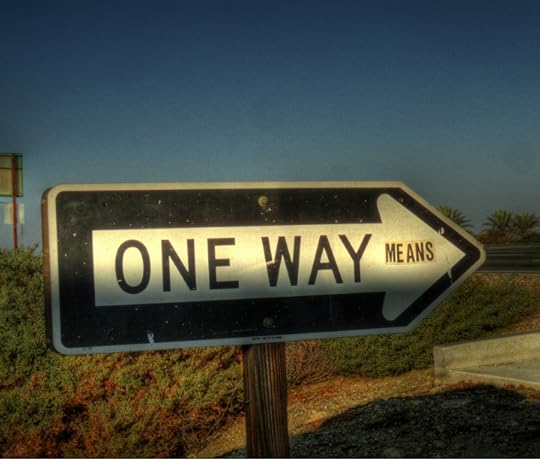What bothers me about the making of strategy through 'ways, means, and ends'

I was thinking
about the "ways, ends, means" strategic formulation recently, because
it long has seemed to me to be insufficient. I suspect that "ways, ends,
means" leaves out a key aspect of warfare -- the spiritual aspect. This is
not just a matter of faith or morale, but is a key aspect of warfare, because
it goes to the question of will.
So,
I am beginning to think that "ways, ends, means" doesn't work for me
because it pretends to be a scientific approach. But there is a reason that
Clausewitz referred to "the art of war."
This
is why I prefer the formulation of strategy as another three questions -- much
broader ones: "Who are we, what are we trying to do, and how are we going to do
it?"
I
asked the estimable Chris Mewett about this, and he wrote back:
I think the
ends/ways/means construct is just another way of approaching the same set of
questions you've posed. The intent of both is to require thought: to force the would-be strategist to consider
whether the tools he has at his disposal can offer a reasonable chance of
accomplishing the desired objectives.
"The spiritual
aspect" and matters of will are only left unconsidered if the would-be
strategist ignores how those factors inhere in the very nature of war. If we
recognize that war's nature is violent, emotional, and uncertain -- if we
acknowledge that the basic means of war is fighting, from which all of these
tendencies/conditions are inseparable -- then how can we say that the
ends/ways/means construct fail to take account of moral factors?
This is exactly why I think the debate about war's enduring
nature is important. War is a different phenomenon from not-war. It operates
according to the influence of those tendencies that are essential to its
nature: instinctive passions born of violence; chance and uncertainty; and its
subordination as an instrument of policy. (In Clausewitz's memorable phrasing,
war has its own grammar, but not its own logic.)
Excluding the moral, the "spiritual," and the will can only happen
when we lose touch with this uniqueness and imagine that the violent means of
war function in precisely the same way as the non-violent means of other forms
of political intercourse. This isn't a flaw in the ends/ways/means construct
but in the way we understand what war is.
Thomas E. Ricks's Blog
- Thomas E. Ricks's profile
- 437 followers



